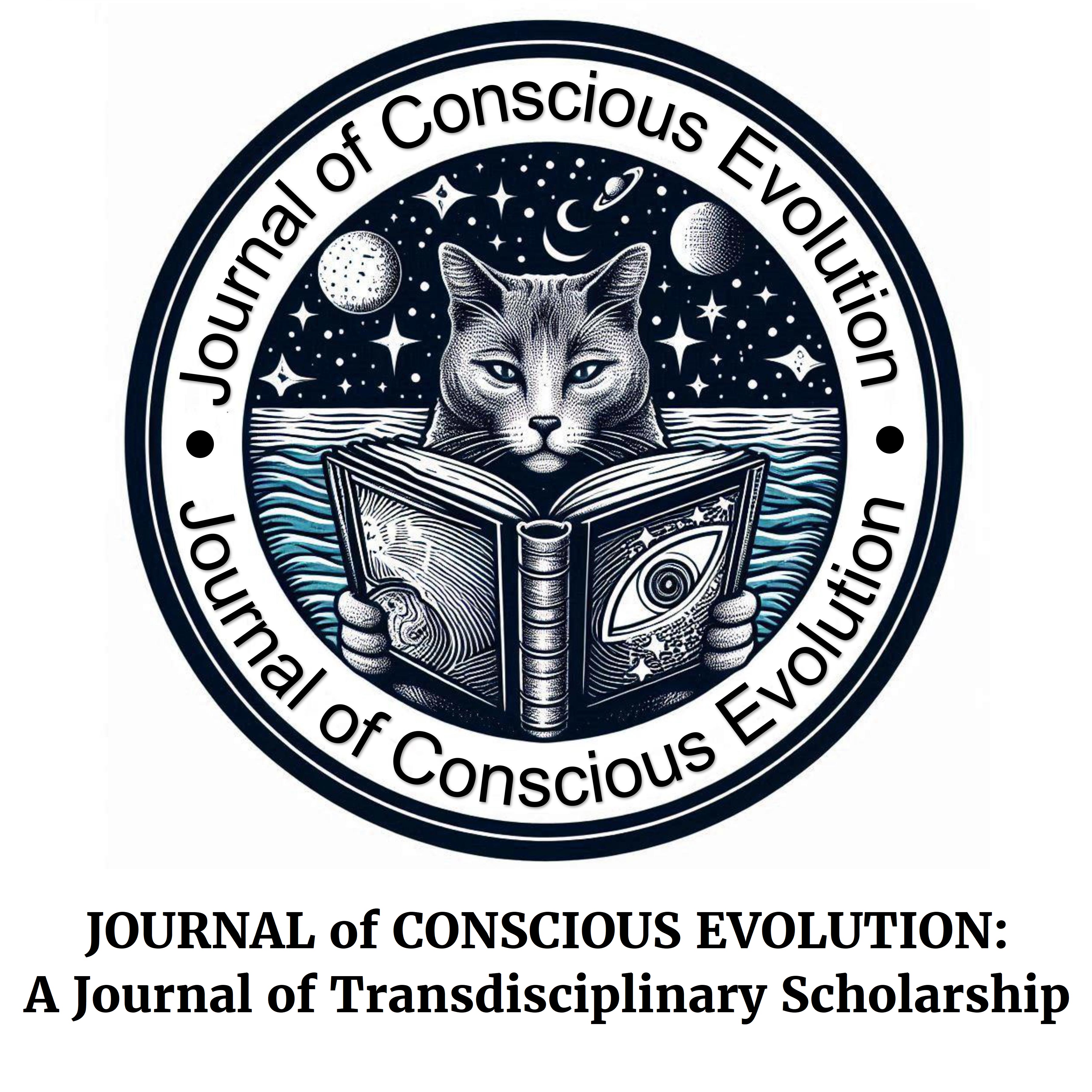
Abstract
Human-mediated climate change and environmental degradation are real. Likewise, human health issues associated with modernity are becoming increasingly concerning. This paper presupposes the inter-relationship between these two bourgeoning phenomena, and draws upon recent scholarship in the field of Religion and Ecology, and particularly the work of Thomas Berry (2006, 1999), as a means to critically analyze Judeo-Christian theosophy, an encoded meaning animus by which Westerners (largely), and Americans primarily, enact denial of the fullest expression of life – among one another and within the context of the natural world. I offer two broadly generalized and contrasting religious narratives, which together illumine widely variable cultural cosmologies. The first narrative is derived from indigenous peoples of the Amazon, as described by Wade Davis (2009). The second narrative emerges from the Judeo- Christian Biblical creation stories in Genesis Chapters One and Two, as described by Leon Kass (2003). Together, these narratives form a basis for developing understanding of encoded human behavior toward the human body, human Being, and the nature-body. My thesis is that Western Judeo-Christian theosophy as it has been interpreted and expressed societally, serves, even in a largely secularlized context, as the encoded meaning animus, which drives human behavior toward denial of the fullest expression of life. It is this theosophy that is herein scrutinized, which provides the context to consider other ways of Being. When juxtaposed with animist cosmogony, the Judeo-Christian cosmological denial of life becomes immediately apparent. Is there, however, a pre-immanent cosmology, one that is proto-logical, indeed, proto-symbolical? Importantly, the paper invites a response to these human and environmental issues by considering an enactive framework of embodied intersubjectivity – intercorporeality – as it relates to the embodied Being-in-the-world as well as Beingness embodied, embedded, extended and enacted (Rowlands, 2010) intercorporeally. Drawing largely on Heidegger, Merleau-Ponty, and Husserl by way of David Michael Levin (1985) and J. W. Hayward, I propose here, a response that is less methodological than it is an examination of and invitation to experiential phenomenology and intersubjectivity – intercorporeality – to address human-nature well-being.
Recommended Citation
Eli, Renee. (2018). Intercorporeality: An Invitation to Being in the Human-Body-Nature Relationship. Journal of Conscious Evolution, 9(9). https://digitalcommons.ciis.edu/cejournal/vol9/iss9/1
Included in
Clinical Psychology Commons, Cognition and Perception Commons, Cognitive Psychology Commons, Critical and Cultural Studies Commons, Family, Life Course, and Society Commons, Gender, Race, Sexuality, and Ethnicity in Communication Commons, Liberal Studies Commons, Social and Cultural Anthropology Commons, Social and Philosophical Foundations of Education Commons, Social Psychology Commons, Sociology of Culture Commons, Sociology of Religion Commons, Transpersonal Psychology Commons


